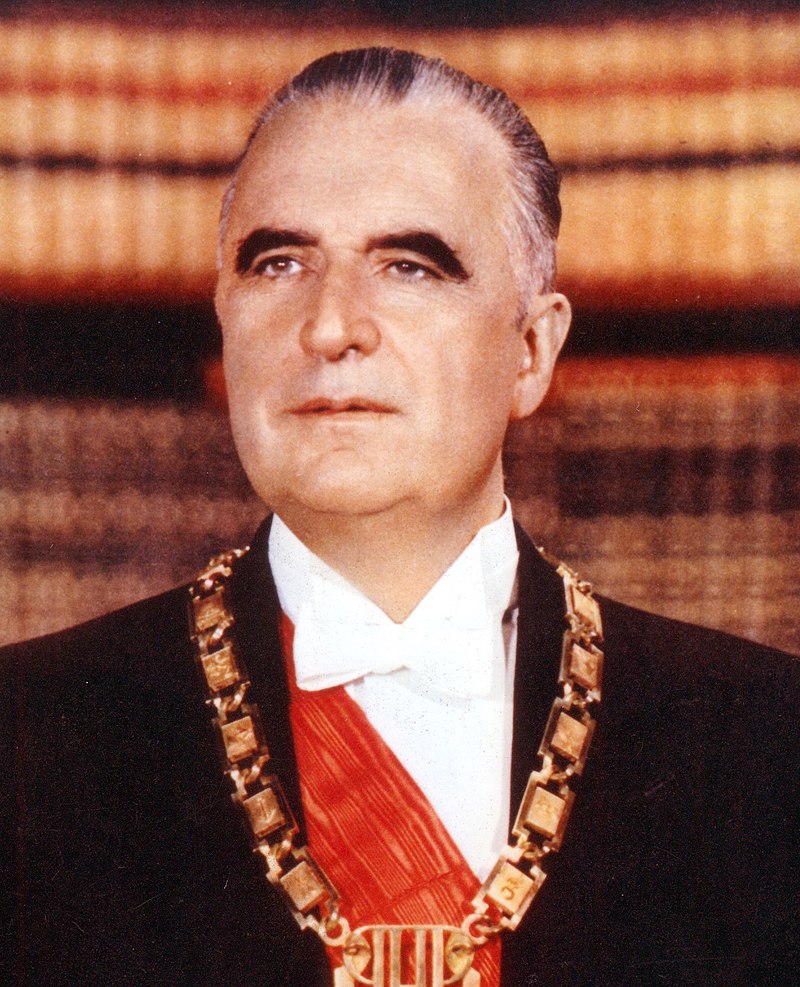
Georges Pompidou
20 June 1969 - 2 April 1974
19
Georges Pompidou: The Modernizer of France
Georges Pompidou served as the President of France from 1969 until his death in 1974. During his time in office, he worked to modernize France, improve its infrastructure, and strengthen its relationships with other countries. His impact on France can still be seen today.
Early Life and Education
Georges Pompidou was born on July 5, 1911, in Montboudif, France. He studied at the Lycée Louis-le-Grand in Paris before attending the École Normale Supérieure, where he studied literature and philosophy. In 1934, he received his agrégation in literature and began teaching at the Lycée Henri-IV.
Political Career
Pompidou’s political career began during World War II, when he joined the French Resistance. After the war, he became a member of the Gaullist movement, which supported Charles de Gaulle’s vision of a strong, independent France. In 1958, de Gaulle was elected President of France, and he appointed Pompidou as his Prime Minister.
As Prime Minister, Pompidou worked to modernize France and improve its infrastructure. He launched the “Plan Pompidou,” which focused on developing highways, airports, and other transportation systems. He also supported the development of France’s nuclear energy program, which remains a significant source of energy for the country today.
In 1969, Pompidou was elected President of France, succeeding Charles de Gaulle. During his presidency, he continued his work to modernize France and improve its infrastructure. He oversaw the construction of the Centre Georges Pompidou, a cultural center in Paris that is still a popular attraction today.
Foreign Relations
Georges Pompidou also worked to strengthen France’s relationships with other countries. He played a key role in the creation of the European Economic Community (EEC), which later became the European Union. He also worked to improve relations with the United States and visited President Richard Nixon at the White House in 1970.
Pompidou was a strong supporter of the independence of African countries, and he worked to strengthen France’s relationships with African nations. He also supported the idea of a “multipolar” world, in which power is distributed more equally among different countries.
Legacy
Georges Pompidou died on April 2, 1974, while he was still serving as President of France. He is remembered for his work to modernize France and improve its infrastructure. The Centre Georges Pompidou, which he oversaw the construction of, is one of the most popular cultural attractions in Paris. His work to strengthen France’s relationships with other countries also remains an important part of his legacy.
In conclusion, Georges Pompidou was a modernizer and a visionary who worked to improve France and its relationships with other countries. His impact can still be felt in France today, and he is remembered as one of the country’s most influential leaders.
